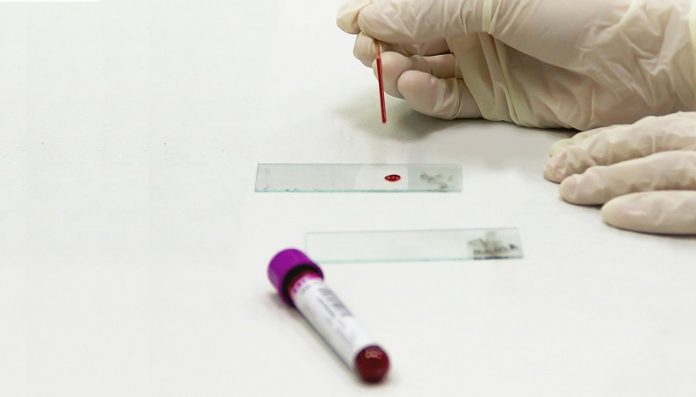
In a promising new development, scientists have uncovered how the body’s natural killer cells, a crucial part of our immune system, can recognize and attack cancer cells.
This discovery could lead to groundbreaking, less invasive cancer treatments in the future.
The study, led by researchers from the University of Southampton and involving experts from around the world, found that natural killer cells instinctively target a specific protein called XPO1.
This protein is known to drive the growth of cancer cells. The research, recently published in the journal Science Advances, suggests that by focusing on this protein, scientists could potentially activate more killer cells to fight cancer.
Professor Salim Khakoo, a lead author of the study and a Professor of Hepatology at the University of Southampton, explained that it was previously thought that natural killer cells attacked cancer cells randomly.
However, this new research shows that these cells actually recognize and specifically target cancer cells. “Killer cells are an emerging form of immunotherapy that shows huge promise,” said Professor Khakoo.
“Unlike chemotherapy and other treatments, they don’t harm healthy tissue, making them a safer option with fewer side effects.”
The XPO1 protein is crucial for the normal function of cells, but in many cancers, it becomes overactive, allowing cancerous cells to grow uncontrollably.
The researchers found that a small part of this protein, called a peptide, attracts natural killer cells. When these cells are drawn to the peptide, they trigger an immune response that attacks the cancerous cells.
Professor Khakoo also noted that patients with cancer who had both active killer cells and high levels of XPO1 protein showed significantly better survival rates. This was true for various types of cancer, including liver cancer, which typically has a very low survival rate.
The potential for killer cell treatment extends beyond liver cancer and could be used for other cancers like head and neck, endometrial, bladder, and breast cancers.
Previous research had already linked natural killer cells to the body’s defense against cancer. However, this study is the first to demonstrate a practical way of activating these cells to target the XPO1 protein specifically.
Co-author Professor Ralf Schittenhelm from Monash University in Australia emphasized the potential impact of this discovery.
“We hope it could lead to personalized cancer treatment, especially for patients where traditional therapies have failed. The idea of using the body’s own immune system to fight cancer is incredibly exciting.”
The research team at Southampton is now working on developing the world’s first vaccine that uses natural killer cells to fight cancer, marking a significant step forward in the battle against this disease.
Source: University of Southampton.



